Some books, like people, have ways of finding you. This is what happened with The Far Field. I didn’t find it, it found me.
We encourage you to buy books from a local bookstore. If that is not possible, please use the links on the page and support us. Thank you.
I had seen this book doing the rounds of social media long before it was long-listed for the JCB Prize, but never felt the urge to read it. Then, I came across many negative reviews on social media and decided to skip them altogether – because, after all, we can’t read everything. After reading one positive review, I almost got it, cancelled it, and then decided to “give it a chance”.
I now realise I was giving myself a chance of reading this beautiful and powerful book. For this book is so powerful, that it will not receive lukewarm reception from you. You will either want to hurl it at the farthest corner of the room – frustrated, or, like me, live and breathe and prioritise it over every other reading till it ends.
The Far Field is Madhuri Vijay’s debut novel and she deserves a big applause for the quality of story-telling, the narrative technique, the complex plot and the multi-dimensional and realistic characters. No summary of the plot does justice to this book – for to reveal too little is to keep away the potential of the story while to reveal too much is to deprive the reader of the joy s/he experiences as the plot unravels. Don’t get me wrong, this is no thriller. And yet, few thrillers match the potency with which this novel, very economically, one chapter and a few incidents at a time, shows its reader how the past can affect the present so powerfully. And how naiveté can be worse than ill-intentions, carrying in its wake the shattered life of so many people.
For this is a story of the past. When the novel opens, we meet Shalini, our narrator who says this about herself:
“I am thirty years old and that is nothing. I know what this sounds like, and I hesitate to begin with something so obvious, but let me say it anyway, at the risk of sounding naïve. And let it stand alongside this: six years ago, a man I knew vanished from his home in the mountains. He vanished in part because of me, because of certain things I said, but also things I did not have, until now, the courage to say.”
Thus begins the four hundred-plus-page journey on which Shalini takes us, from Bangalore to Kashmir and from her past six years ago to her past a long time back, where it all originated.
Reading Roulette
The Far Field can be read in different ways. It can be read as a confessional. It can be read as a political novel. Political because it’s set in Kashmir and because the Kashmir of the novel is not an idyllic paradise but a conflict zone.
But for me, this is, primarily a novel about people and the complex relationships we forge with others. That is why the past plays a very important role in driving the story. When the book opens we see her situation after her mother’s death. She is grieving, with no sense of purpose in life.
Having completed her degree, she has been given a job through her father’s contacts (her father being an important businessman) but it is just a measure to kill time. When she is suddenly dismissed from her job, she finds herself adrift, telling no one about her job loss. Still grieving for her mother, she decides to go to Kashmir and find Bashir Ahmed, a Kashmiri who was her mother’s friend. The story moves between her journey to and events in Kashmir and her childhood memories that lead her to this quest.
Time Twists
This technique of moving between two timelines creates enough suspense for the reader to keep devouring chapter after chapter. As the story moves along, characters emerge in flesh and blood.
Spotlight on…
Characters you can love, hate, pity or marvel at. As it moves further, it becomes a story of complex people and tangled relationships. The most important character and the driving force behind this entire tale is Shalini’s mother.
She is an intelligent, strong yet thwarted woman, with much potential who was not allowed to study after high school; and ends up being dissatisfied with her roles as a housewife and mother.
She is the kind of woman who, after listening sympathetically to the neighbour’s fond complaints about her naughty child would say “with all appearance of sincerity, ‘He sounds awful. Shall I slit his throat for you and get it over with?’”, who could reduce shopkeepers to tears without batting an eyelid and who could “withdraw …the thrilling gift of her joy as casually as she bestowed it.”
Throughout the novel, we keep meeting Shalini’s mother and seeing her hurting others as she is hurt herself. Her husband, a good man, is incapable of truly understanding her. The only person in whom she meets her match and with whom she forges a bond is Bashir Ahmed, who first comes to sell clothes from Kashmir and then, meets Shalini and her mother a number of times over the course of the novel. It is years after he stops coming, and almost a year after her mother’s death that Shalini decides to visit Kashmir to find him.
The novel now becomes the tale of a quest – Shalini’s quest to find answers. In finding Bashir Ahmed, all she wants is answers and to reclaim her mother. This journey brings her into contact with a woman who she feels could have been her mother and another who could have been a great friend. It takes her to places where she feels so much more at home. But ultimately, she has to return.
Is Shalini flawed? Yes, she is. She is privileged and sometimes downright foolish. And yet, this makes her all the more human. She is the kind of a character who can antagonise you and you can plough through the novel clicking your tongue at every step she takes. Or, you can sympathise with her as with everyone else in the book, blaming one factor and another for how she turns out. Ultimately, though, the book goes beyond that.
The Far Field is a novel that should be read by all. I hope this makes it to the shortlist. It deserves that.
Favourite Quote:
“I don’t know when my allegiance shifted, when I went from being his to being hers. All I know are the facts: I was my father’s daughter first, and then I became, gradually and irrevocably, my mother’s. It’s hard not to wonder how much might have been prevented if only I had loved him more, or, perhaps loved her a little less.”
“Looking back, I can see that something powerful occurred in that moment, and it still astonishes me all these years later: Bashir Ahmed understood in about five minutes what took my father decades. And me? What did I understand back then? Nothing, except that when my mother laughed like that, it made me want a million things at once. I wanted to run until I dropped; I wanted to roll on the ground; I wanted to climb into her lap and stay there forever.”







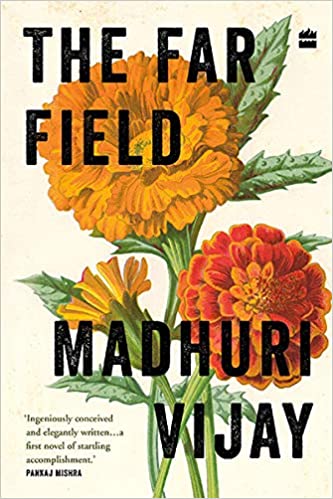
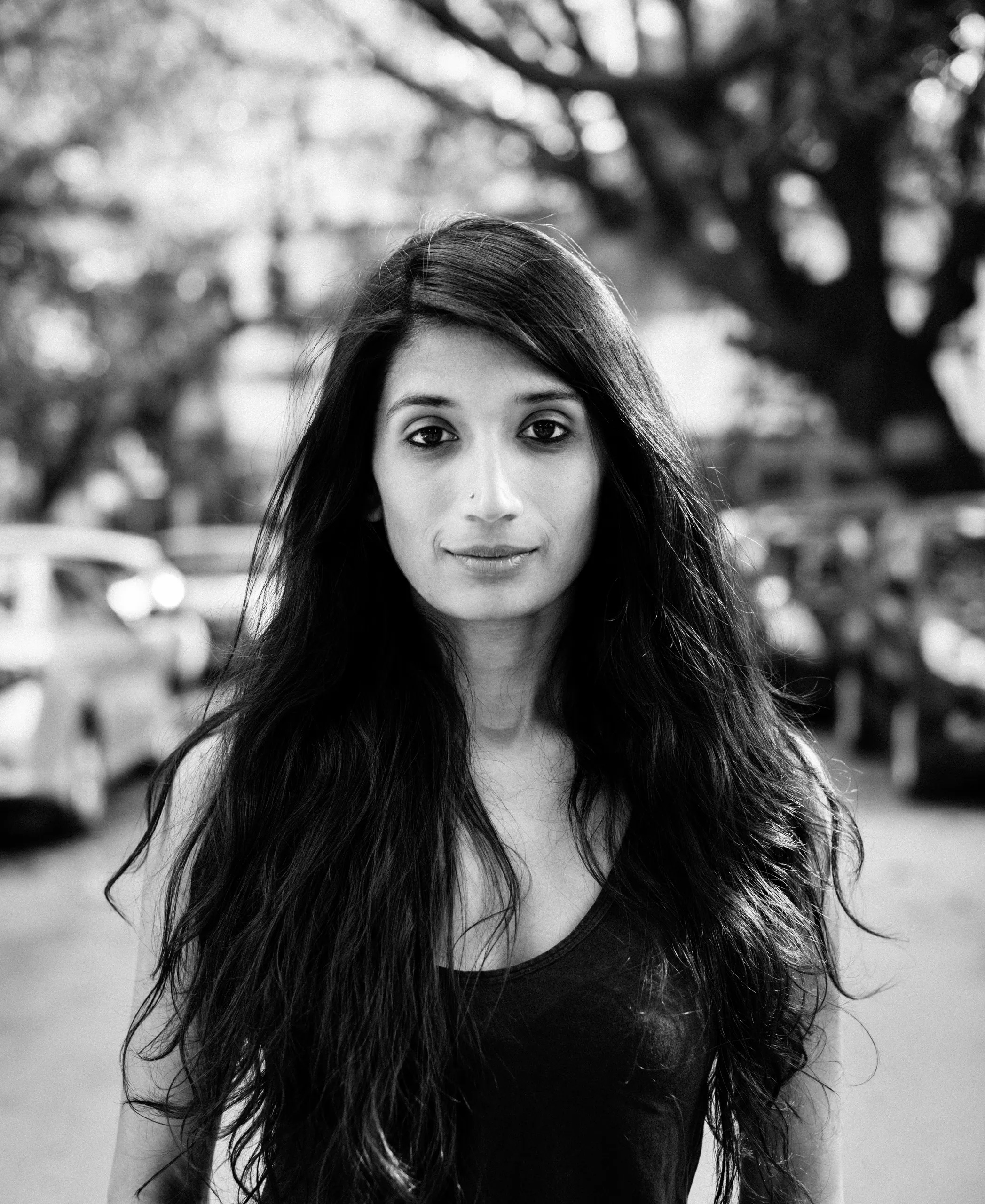


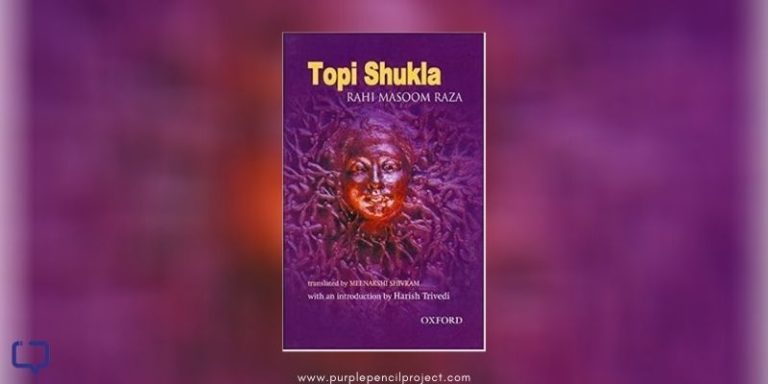



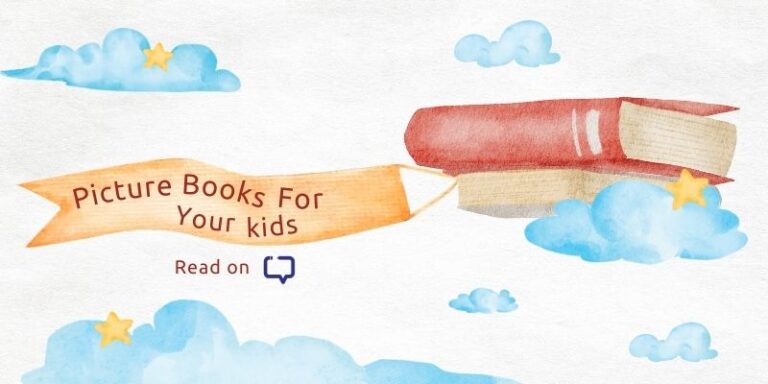





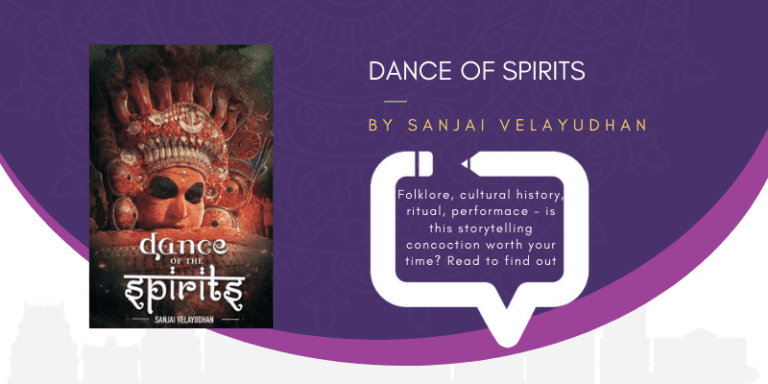

2 Responses
I have begun reading this and must say that the prose, its flow and the narrative techniques employed are fantastic for a debut. Slowly and steadily, Madhuri absorbs you into her story and the pages turn quite effortlessly. Loved reading your review Sneha.
Thanks a lot Divya. I hope you enjoy it as much as I did.